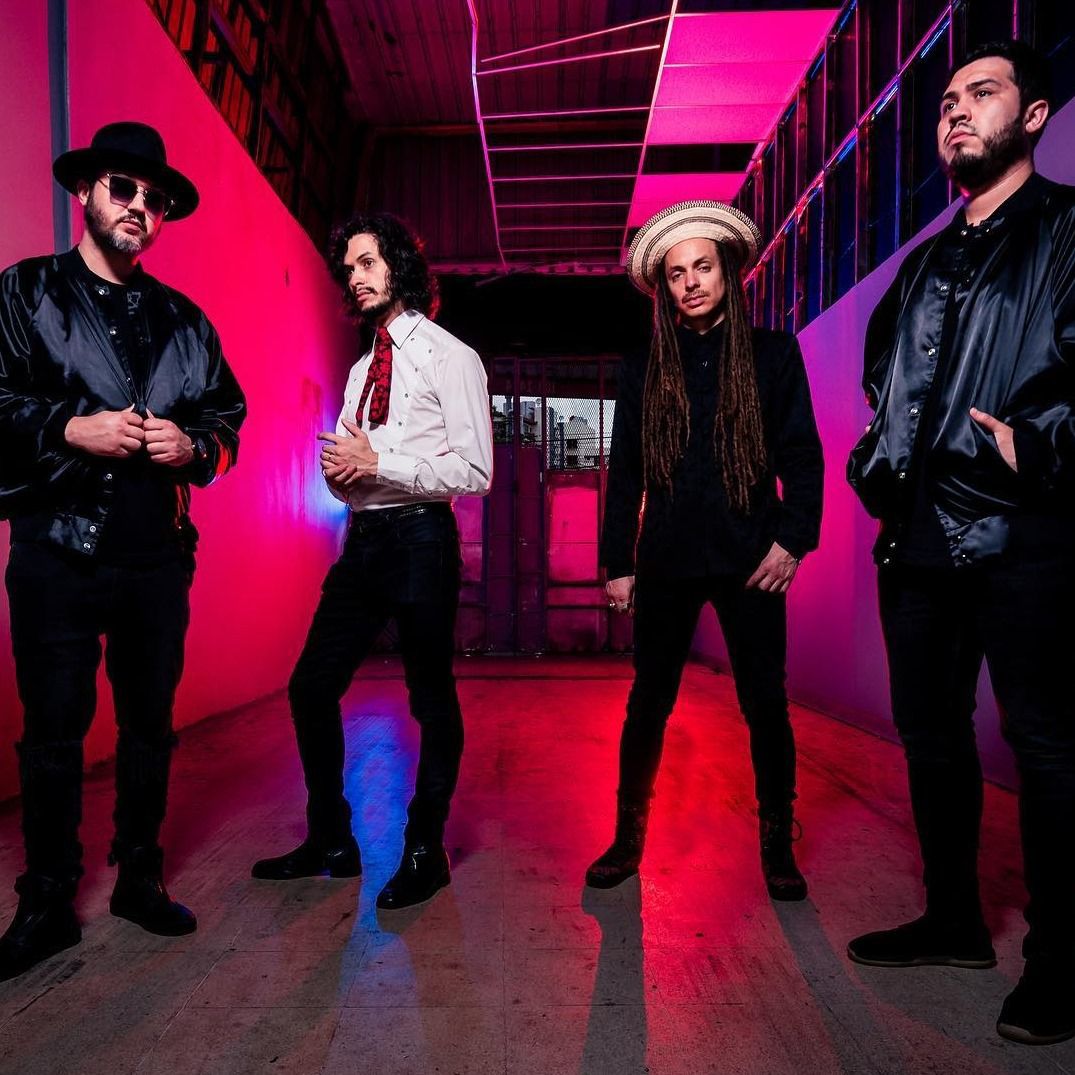The Missiouri rock band Making Movies made their breakout third album “I Am Another You” at Tucson’s WaveLab Studios.
It was an album that was intended to tell the immigrant story of the band’s members — brothers Enrique and Diego Chi, natives of Santiago, Panama; and brothers Juan-Carlos and Andres Chaurand from Mexico.
But in the year between recording the album in 2016 and releasing it in early 2017, Donald Trump happened and their very personal story was perceived as a political statement.
“When we made our album in Tucson, we didn’t think we were making any sort of political statement or really a social statement; we were speaking to our immigrant families and our experiences and people said, look they’re speaking about immigrants; this is political,” Enrique Chi said in a phone call last week. “Because between making the album and releasing it, the Donald Trump (election) happened. I said the word immigrant and all of a sudden I’m speaking politics. But the word doesn’t mean politics; it’s my family’s story.”
But the band, which is on the lineup for Day One of Hotel Congress’s three-day Night of the Living Fest this weekend, said making a political statement was intentional on their recently released album “ameri’kana,” produced by Steve Berlin of Los Lobos and featuring Ruben Blades.
“When we hooked up with Ruben, he had the idea of doing this song ‘No Te Calles’ that asks for people in the communities to raise their voice. If you raise your voice in the face of corruption and injustice, you are going to find people who are like-minded and inspire them to raise their voices, too,” Chi said. “That becomes an empowering and fulfilling thing and then change can happen.”
Once Blades, a big fan of the band, signed on to collaborate, they realized they had a chance to create a strong statement about the social and racial injustices they were seeing unfold nationwide.
“We felt like this album had to have a message,” he said, and Blades counseled the band to consider the record as a book “and think of the chapters that you need of what you want to say on this album.”
“And that became a guiding light,” he said. “Each song speaks to some sort of injustice or social ill that we currently face with the premise that you are listening to an oldies station in the future.”
The album has nods to oldies radio, spoken word commentary that sounds like you are listening to a radio program. The hope, he said, is that people listening to the album 50 years from now will recall those unsettling times with a sense that we’ve gone beyond them.
“When you start talking about music, people might set aside their preconceptions and hear the beauty and say hey, if we all have some similar narrative musically, then we all have some similar narrative in our DNA, in our ancestry, maybe we should start treating each other like that,” he said. “And that becomes the open door for us to start speaking on what we believe.”





